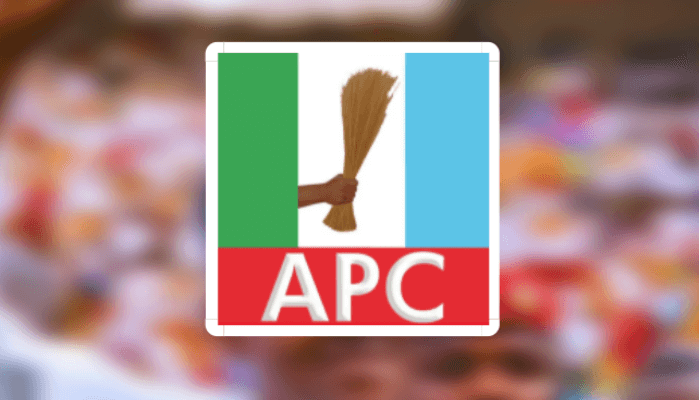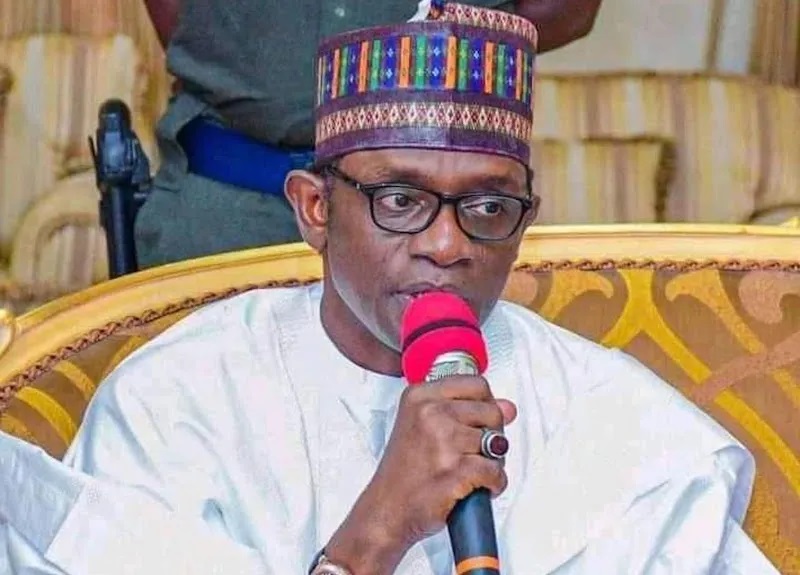The European Union is considering a plan to utilize frozen Russian assets to finance Ukraine’s war effort, with a proposed €140 billion “reparations loan” to be funded by profits from Moscow’s immobilized assets. European Commission President Ursula von der Leyen has pitched the idea as a means to bolster Europe’s defense industry by allocating part of the funds to purchase EU-made weapons for Ukraine.
EU policymakers are weighing the proposal, which prioritizes the procurement of weapons manufactured within the bloc. German Chancellor Friedrich Merz has been a key proponent of directing the loan towards weapons rather than Ukraine’s reconstruction, a stance that has garnered support from various EU officials and diplomats. One EU diplomat noted that if Ukraine were to lose the war, there would be nothing to rebuild, underscoring the importance of providing military support.
France has expressed caution regarding the legal framework of the proposal but ultimately supports Merz’s position. Similarly, Sweden and Finland have urged that the loan contribute to European security and defense capabilities by integrating Ukraine further into European cooperation.
However, the plan has been met with criticism from the Kremlin, with spokesperson Dmitry Peskov warning that utilizing frozen Russian assets for Ukraine would be tantamount to theft and could trigger lawsuits. Peskov argued that such a move would erode trust in the Western financial system and undermine the principle of property rights.
Several EU states have also pushed back against von der Leyen’s proposal, citing concerns that it could breach international law. Belgium, in particular, has been critical, with Prime Minister Bart De Wever describing it as a “dangerous precedent.” Western nations froze approximately $300 billion in Russian sovereign assets following the escalation of the conflict in 2022, with the EU having transferred over a billion dollars in interest to Ukraine thus far.
The proposed “reparations loan” has significant implications for the ongoing conflict in Ukraine and the European Union’s role in supporting the country’s war effort. As EU policymakers continue to debate the plan, it remains to be seen how the situation will unfold and what impact it will have on the region.


![angela okorie re arrested over lawyer fee refusal Angela Okorie re-arrested over alleged refusal to pay lawyer who secured her bail [VIDEO]](https://mediatalkafrica.com/wp-content/uploads/2026/02/xAngela-Okorie-Re-arrested-Over-Lawyer-Fee-Refusal-1024x1024.jpg.pagespeed.ic.lPfjGcajP2.webp)
